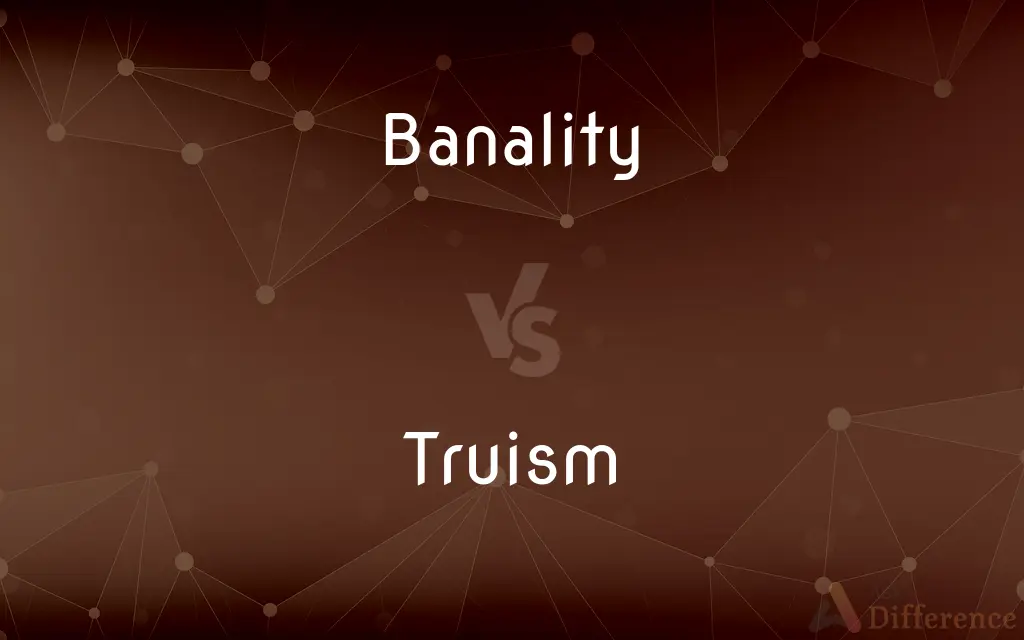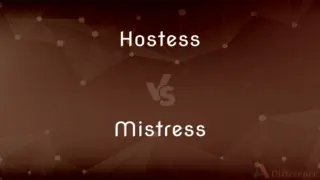Banality vs. Truism — What's the Difference?

Difference Between Banality and Truism
ADVERTISEMENT
Compare with Definitions
Banality
The condition or quality of being banal; triviality.
Truism
A truism is a claim that is so obvious or self-evident as to be hardly worth mentioning, except as a reminder or as a rhetorical or literary device, and is the opposite of falsism.In philosophy, a sentence which asserts incomplete truth conditions for a proposition may be regarded as a truism. An example of such a sentence would be "Under appropriate conditions, the sun rises." Without contextual support – a statement of what those appropriate conditions are – the sentence is true but incontestable.
Banality
Something that is trite, obvious, or predictable; a commonplace.
Truism
A statement that is obviously true or that is often presented as true
"the truism that envy often masquerades as resentment" (John Rawls).
Banality
(uncountable) The quality of being banal.
ADVERTISEMENT
Truism
A self-evident or obvious truth.
Banality
(countable) Something which is banal.
Truism
A banality or cliché.
Banality
A feudal right or obligation, especially the obligation for a peasant to grind grain at the lord's mill, or the profits accruing from such rights.
Truism
An undoubted or self-evident truth; a statement which is pliantly true; a proposition needing no proof or argument; - opposed to falsism.
Trifling truisms clothed in great, swelling words.
Banality
Something commonplace, hackneyed, or trivial; the commonplace, in speech.
The highest things were thus brought down to the banalities of discourse.
Truism
An obvious truth
Banality
A trite or obvious remark
Share Your Discovery

Previous Comparison
Foxglove vs. Hollyhock
Next Comparison
Hostess vs. Mistress













































